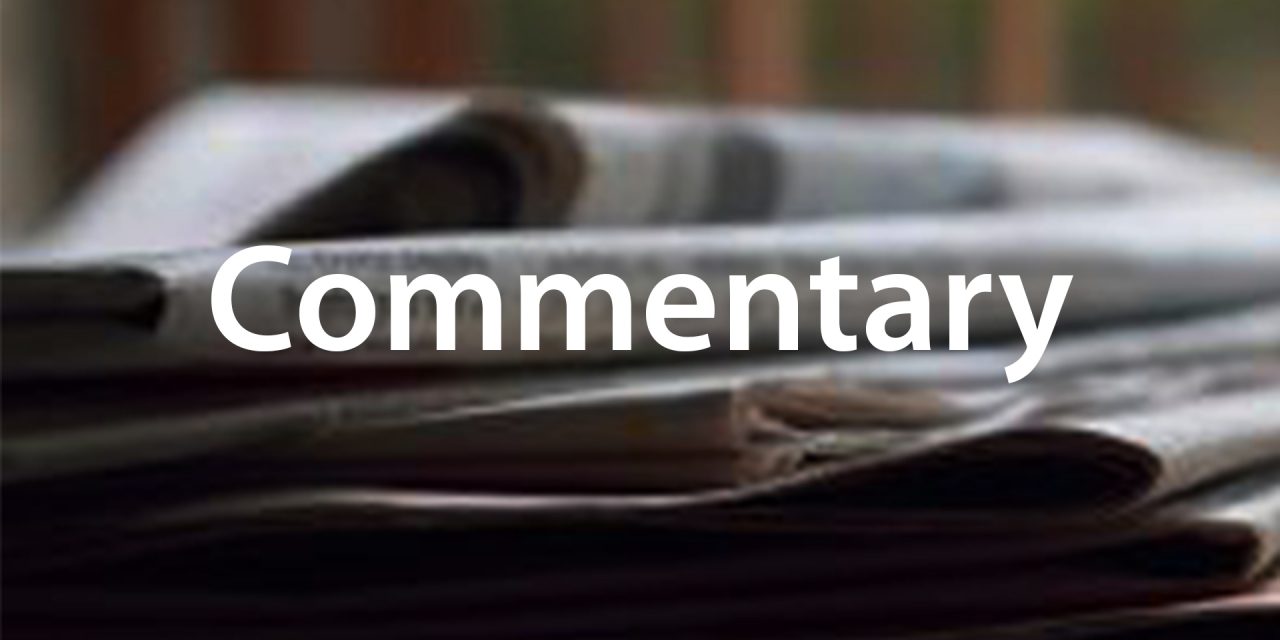We have a credit card for our small greenhouse business. Every year, we hire drivers to deliver our flowers across our service territory, with some deliveries involving overnight travel. Our drivers use our credit card for fuel, for lodging, and for tire repair and the like. Although we don’t make it explicit, and perhaps we should, we would balk if credit charges appeared from bars, go-kart tracks, or the Bass Pro Shop. This makes sense to us, and we trust our drivers to act responsibly. We’ve never had a problem.
If this year’s primary election in Missouri made nothing else clear, we should be aware that drafters of our constitution made the same calculation that our business has made. The easy access to the ballot and the requirement that constitutional amendments only need a simple majority to change the state constitution are the equivalent of handing an unlimited line of credit to a majority of the state’s voters. Our constitution also mandates a balanced budget. That requirement bothers the average voter not at all, because we don’t require voters to say how they might pay for what they vote to support.
So, perhaps a thought experiment is in order. Pick the author of a random Facebook post, the third guy in line at your local convenience store, or half of the people who answer the phone at a local business. Would you give them your credit card, a blank check, the ability to spend from your account without limit or reason? Most assuredly you would not. Well, that’s exactly what we’ve done in the Missouri Constitution.
The normal mixed bag of candidates were successful in Tuesday night’s election. Some will prove to be dedicated public servants, a few will be less so. The vast majority, like the rest of us, will be average. But all of them are required by our constitution to spend only what our tax revenue will allow. They’ll argue, they’ll posture, they’ll embellish the truth and attack common sense. But each of them is constrained by the brutal reality that at the end of the next legislative session, income must equal outgo.
Voters, on the other hand, deal in abstractions. We are allowed to vote for the world as we wish it was instead of the world that we have. We can, and did, vote for a massive expansion of government at the same time that our state’s economy is reeling from a once-in-a-century pandemic. The facts be damned, we want what we want.
It raises a question that we’ll have to answer in the future, one that will become more and more a concern as the power of the purse shifts from our elected representatives to those who have the ability to spend a few million dollars to place an issue on the ballot on whatever their pet project might be. The true power in our state has shifted from those we elect to represent us to those who have the not-so-very-deep pockets necessary to mount a successful constitutional amendment that goes to a vote of the people.
And that question is this: How do elected officials balance the government’s checkbook when the true spending power in our state clearly lies with those who fund and run initiative petitions? Those who want to change the state, for better or worse, will be busy lining up founders and consultants for the next assault on our constitution. That’s where the action is, and we have nobody to blame but ourselves.
Perhaps the time has come for a serious conversation about initiative petition reform, correcting the imbalance between the responsibilities of our elected officials and the ability to change our constitution by initiative petition.


